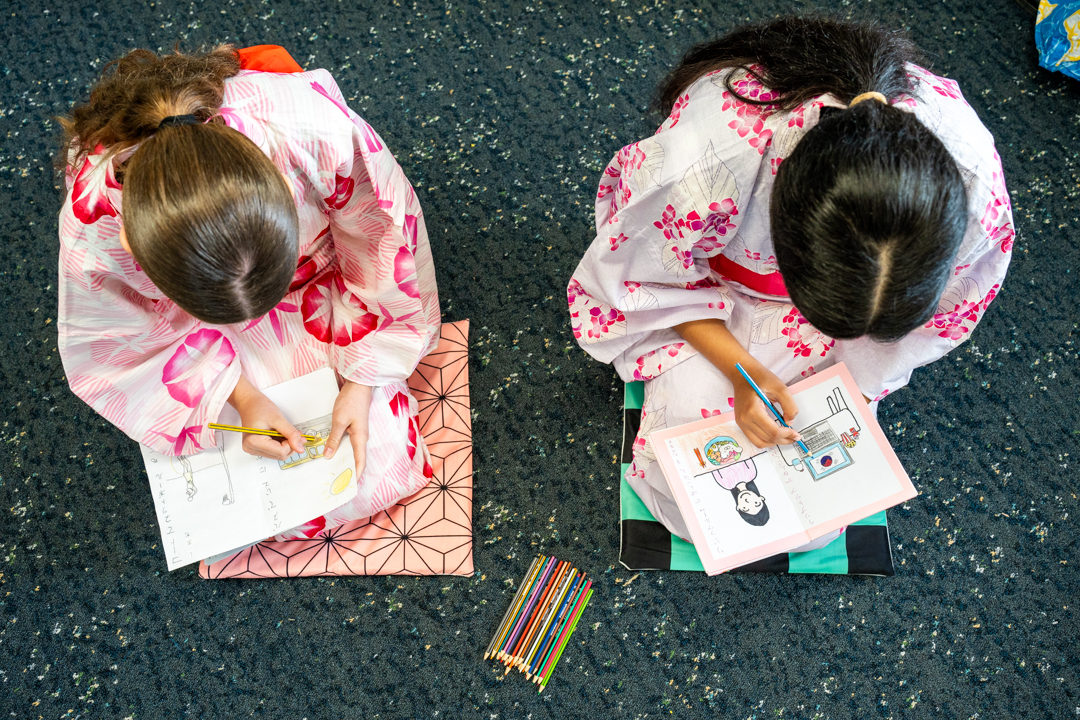
Our Centre of Excellence for Japanese program is a cultural and linguistic adventure that opens the door to Japan’s rich heritage and language. The program offers a comprehensive curriculum, including language instruction, cultural exploration, and a deep dive into the traditions and customs of Japan. With dedicated teachers and a supportive learning environment, we provide a unique and engaging experience for students.
Unique program elements of Japanese
Current achievements
- 2025 Griffith University Language Speech Competition: All of our student participants received recognition, including 1st place, 3rd place and Highly Commended awards.